Eco-tourism in Thailand: A guide to sustainable travel hotspots
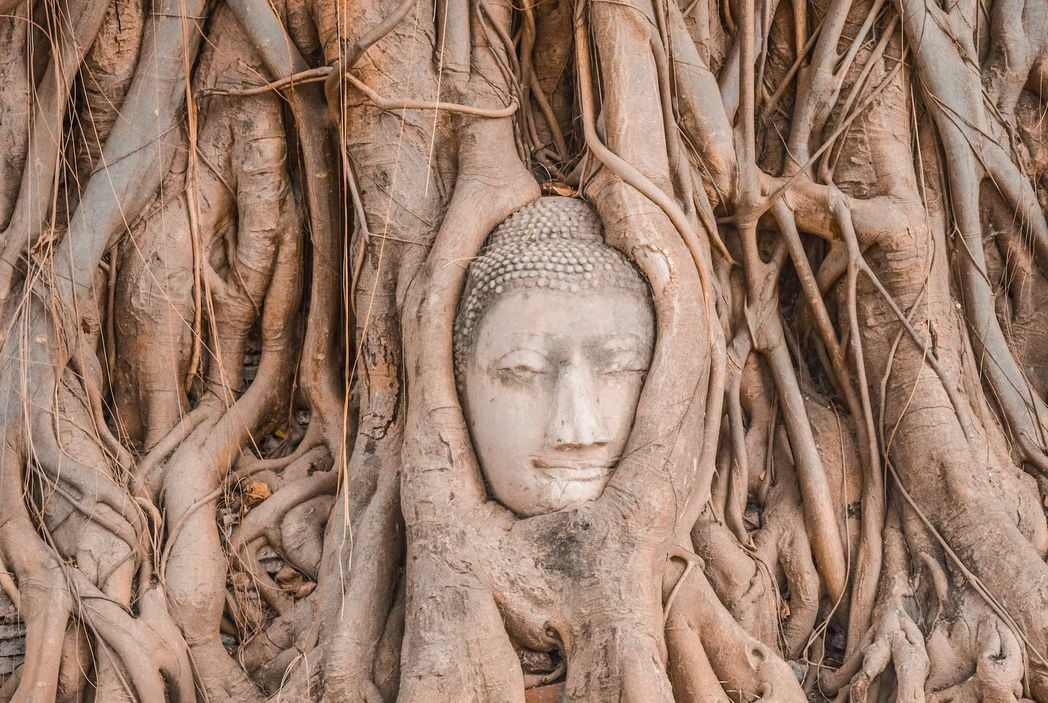
As eco-tourism takes centre stage in the global travel agenda, Thailand emerges as a shining example of how natural beauty and sustainability can be harmoniously balanced. With a dedication to preserving its rich ecosystems and cultural heritage, Thailand offers eco-conscious travellers a plethora of destinations that cater to a sense of adventure, while minimizing the impact on the environment.
Let us delve deeper into some of the top sustainable travel spots in Thailand, crafted for the visitor who cherishes both exploration and environmental responsibility.
The Elephant Nature Park, Chiang Mai
The Elephant Nature Park near Chiang Mai presents a refuge for Thailand’s beloved elephants, offering a humane alternative to the traditional elephant rides that populate the tourist scene. This sanctuary provides a home for elephants rescued from the tourism and logging industries where they are allowed to roam freely, bathe in natural rivers, and socialize within secure surroundings. Visitors are invited to observe these magnificent creatures from a respectful distance, fostering a non-intrusive environment where human-animal interactions are ethical and enriching.
Educational programs highlight the complex history and current challenges facing Asian elephants, equipping travellers with knowledge on conservation efforts. Tourists can even lend a hand in the daily care of these animals through eco-friendly volunteering experiences, such as preparing elephant meals or participating in reforestation projects. Every visit and hands-on effort aids the broader mission of rehabilitating these gentle giants and ensuring their long-term well-being.
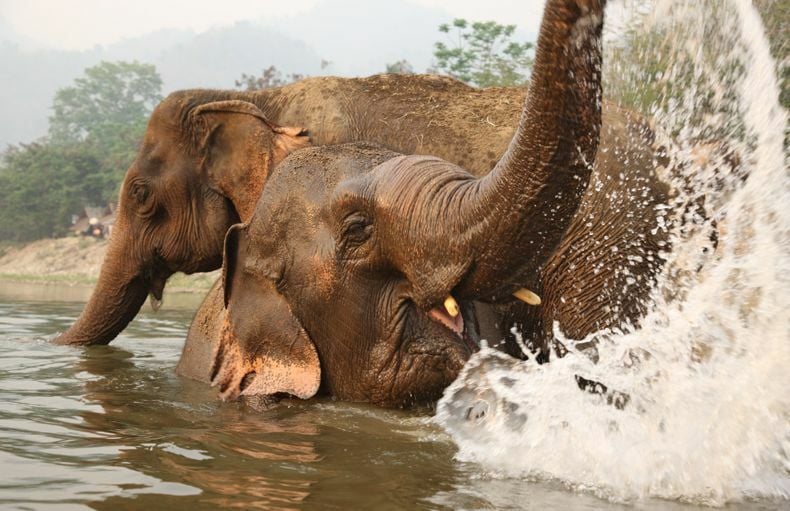
Khao Sok national park
Khao Sok National Park is a primaeval wonder, boasting one of the oldest rainforests on the planet. The park’s rich ecosystem is a biodiversity hotspot that features towering limestone karsts, deep valleys, and serene lakes. For the eco-tourist, a stay in the floating bungalows on Cheow Lan Lake presents an unrivalled opportunity to coexist peacefully with nature. The calming sound of the jungle provides the perfect backdrop for a night spent under the stars, harmonizing with the environment.
During the day, guided hikes and canoe trips led by local experts offer intimate glimpses into the park’s flora and fauna, presenting chances to spot rare wildlife in their undisturbed habitats. Conservation projects within the park encourage guests to partake in activities that support the local ecosystem, such as planting native tree species. Khao Sok highlights the essence of eco-tourism in Thailand, combining adventure with conservation.
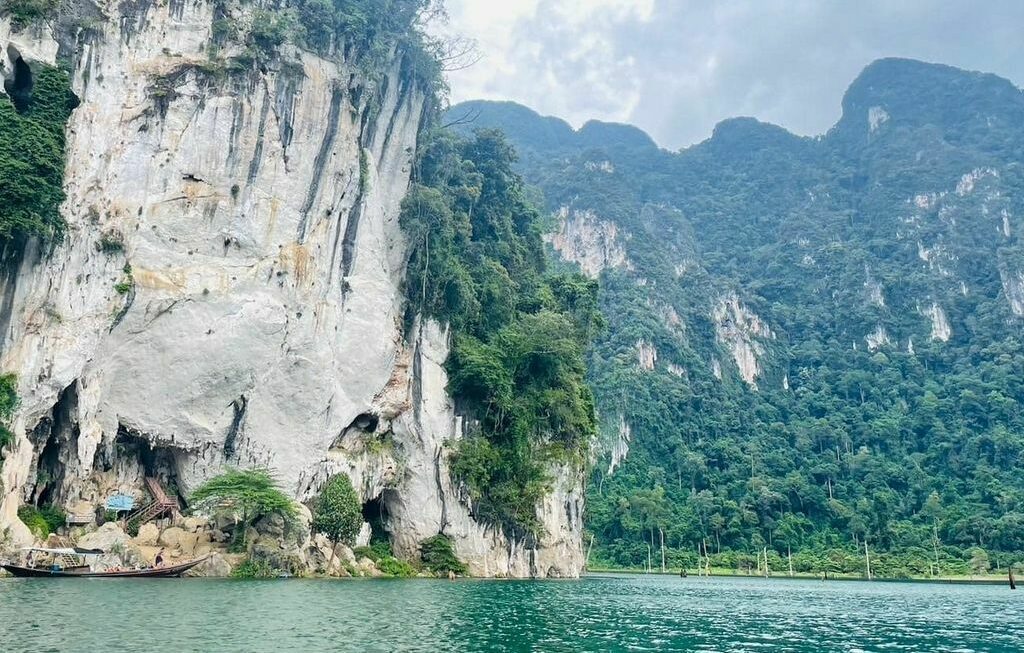
Community-based tourism in Mae Kampong
Mae Kampong Village is a heartwarming example of how community-based tourism can thrive and be mutually beneficial for visitors and locals alike. By staying with host families, tourists are welcomed into the fold of everyday life, where they can partake in traditional Thai and gain insight into the local culture. Each homestay is an opportunity to bridge cultural divides and imbue travel with a sense of purpose and personal connection.
Sustainable tourism initiatives empower villagers by putting the tourism revenue directly into the hands of the community. Activities such as guided village walks showcase the beautiful surroundings and environmentally friendly practices integral to the village’s daily life—from the fermentation of local tea leaves to the sustainable agriculture practices that yield organic produce. Mae kampong stands as a living classroom for sustainable development in action.
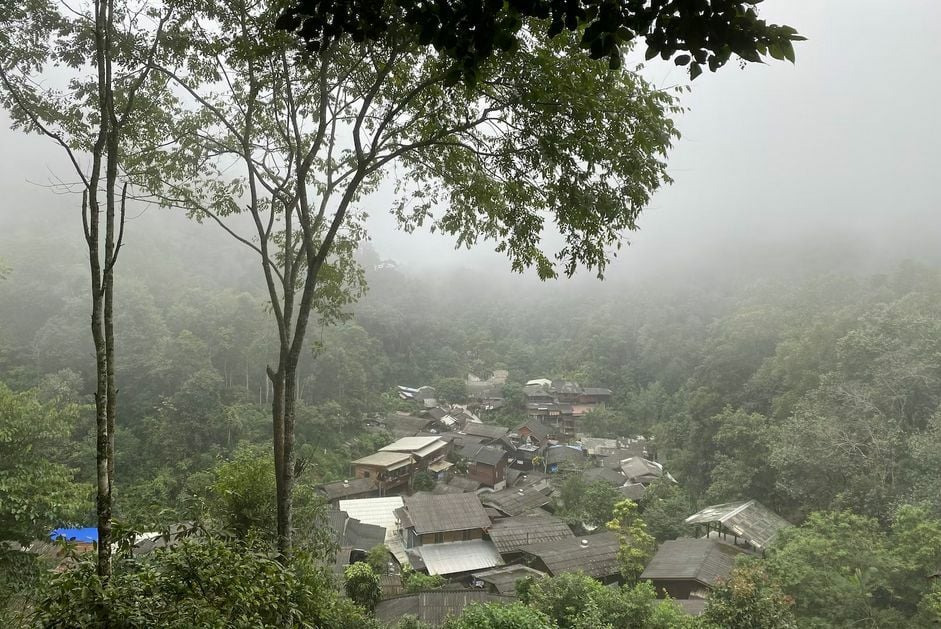
Similan Islands Marine National Park
The Similan Islands Marine National Park, located in the Andaman Sea, is an idyllic escape for underwater enthusiasts and beach-goers alike. Known for their dive sites with vivid coral reefs and an abundance of marine life, the islands are a testament to the beauty of Thailand’s aquatic environment. Due to its status as a protected marine park, the island chain follows strict guidelines to preserve the natural beauty and biodiversity of the area, allowing for eco-conscious diving and snorkelling tours.
Eco-friendly practices within the Similan islands are not just encouraged but enforced. Responsible tour operators adhere to no-touch, no-take policies, ensuring that marine habitats remain intact and undisturbed by human interactions. Educational efforts teach visitors about the ecological importance of coral reefs and marine conservation, fostering a deeper appreciation and understanding among those who explore these azure waters.
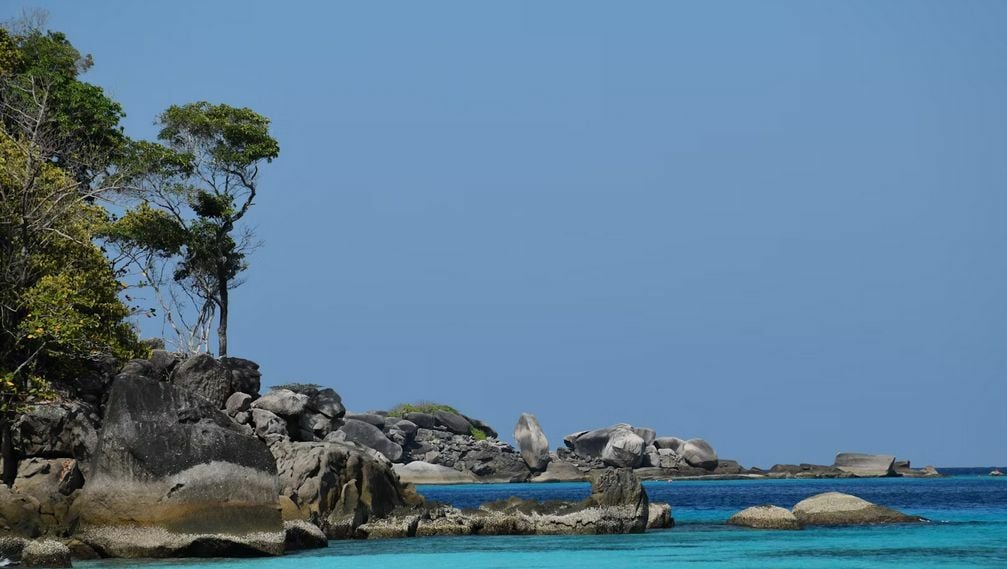
The green lung of Bangkok – Bang Kachao
Just a short journey from the intensity of downtown Bangkok lies the serene expanse known as Bang Kachao. This swath of greenery offers city dwellers and tourists an eco-friendly oasis, teeming with tropical foliage and embodying the spirit of urban sustainability. Known as Bangkok’s green lung, it captivates those seeking quietude from the urban sprawl, highlighting the importance of preserving natural spaces amidst metropolitan growth.
Visitors can rent bicycles to meander through elevated pathways that weave through local communities, markets, and verdant mangrove forests. The area promotes an active lifestyle, clean air, and environmental preservation, with the local community taking bold steps to maintain the area’s ecological integrity. Bang Kachao serves as a centrepiece for conservation education, making this green lung an emblematic space of sustainable urban planning.
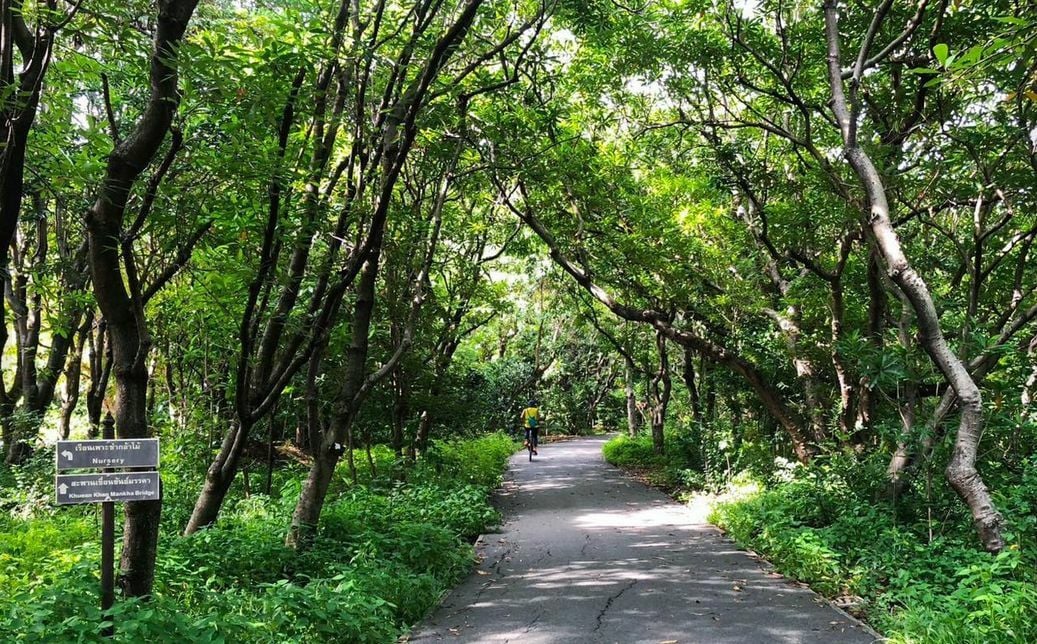
Eco-friendly islands: Koh Tao and Koh Lipe
Koh Tao and Koh Lipe are leading Thailand’s charge toward sustainable island life. These picturesque islands have not only captured the hearts of travellers with their picturesque beaches and clear waters but also through their commitment to environmental preservation. Koh Tao, in particular, has gained acclaim for its marine conservation efforts, with dive centres participating in initiatives to protect and restore the local coral reefs, crucial for marine biodiversity.
Koh Lipe follows suit, with local businesses and residents working together to implement measures aimed at reducing plastic waste and protecting the island’s marine habitats. From participating in beach cleanups to choosing eco-tourism in Thailand, travellers play a critical role in supporting these sustainable practices. Both islands offer a model for how tourism, when done thoughtfully, can contribute positively to ecological conservation.
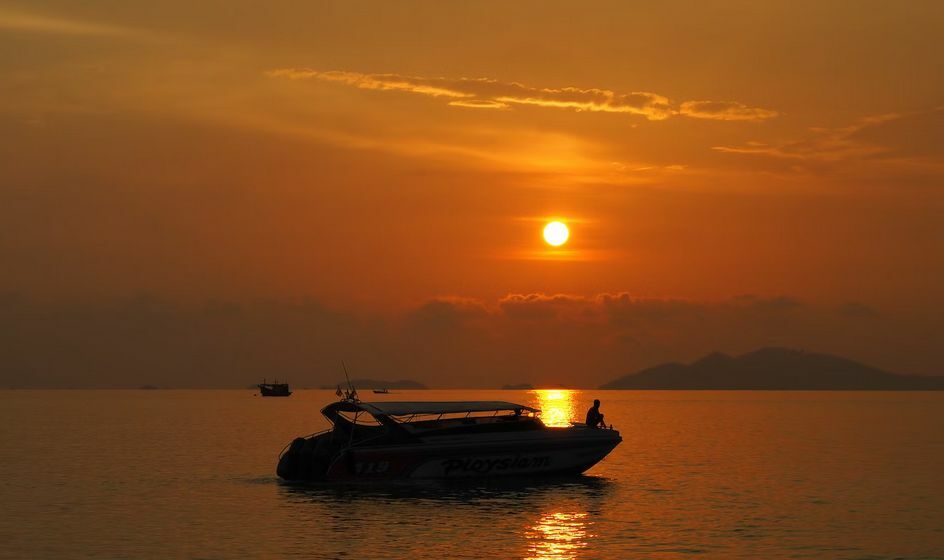
Doi Inthanon National Park
Doi Inthanon, the highest point in Thailand, looms majestically over a park that doubles as a conservation success story. The national park is home to a range of natural wonders, from cascading waterfalls to verdant forests. Nature trails guided by local experts offer visitors the chance to experience the cool climate and diverse ecology of the area, often adorned with blossoming trees and other high-altitude flora.
Within Doi Inthanon National Park lie the royal project sites, initiatives encouraged by the late King Bhumibol Adulyadej, designed to promote sustainable agriculture among hill tribe communities. These projects have enabled villagers to cultivate crops that are both economically viable and environmentally sound, shifting away from practices that once contributed to deforestation. Visitors can learn about these agricultural methods, purchase organic produce, and recognize the harmonious balance between human activity and nature conservation.

Cycling through the ancient city of Ayutthaya
Ayutthaya, a city steeped in history, stands as a pillar for cultural eco-tourism in Thailand. The UNESCO World Heritage Site‘s ruins speak of a bygone era when it was the capital of the Kingdom of Siam. Cycling through this ancient city allows travellers to navigate at their own pace, reducing their carbon footprint and connecting more intimately with the historical monuments that dot the landscape.
Bicycle tours are an environmental and educational avenue through which visitors can relish the architectural splendour of temples and palaces, all while receiving insights from local guides. Not only does cycling contribute to minimal environmental disturbance, but it also encourages the support of small businesses and the local economy. As travellers pedal through the remnants of history, they’re engaging in an act of preservation, both cultural and environmental, ensuring the legacy of Ayutthaya for future generations.
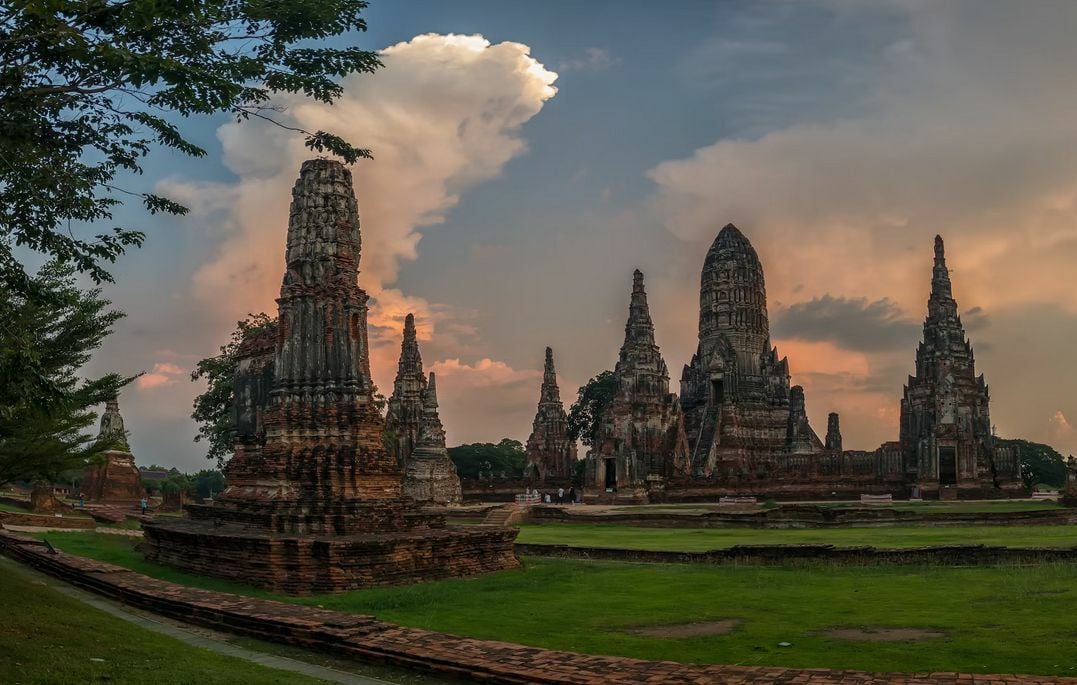
Eco-tourism in Thailand goes beyond just a mode of travel; it embodies a philosophy where exploration meets conservation. The Kingdom’s dedication to sustainable practices shines in these destinations, promising enriching experiences for the eco-conscious traveller.
By supporting these efforts, visitors not only contribute to the protection of Thailand’s natural beauty and cultural heritage but also carry forward the ethos of eco-tourism in their journeys around the globe.








